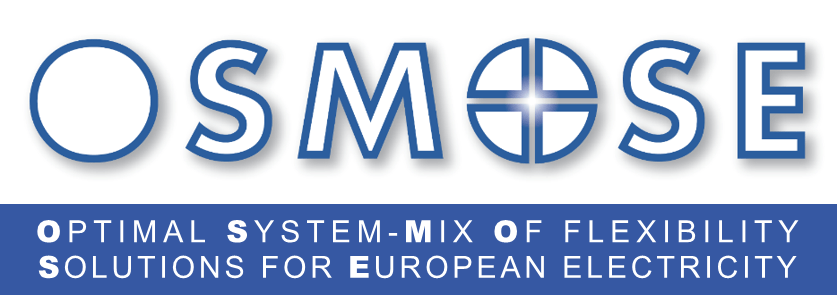OSMOSE

The integration of a rapidly growing share of non-dispatchable Renewable Energy Sources (RES) like wind and solar into the traditional electricity system will require a significantly increased level of (system) flexibility. The Osmose project is a H2020 EU founded project answering the call for a ’Demonstration of system integration with smart transmission grid and storage technologies with increasing share of renewables’. The project aims for the development of flexibilities which can be used for a better integration of RES. The approach chosen is global as it considers at the same time, the increased need of flexibilities in the system (mainly improved balance of supply and demand in electricity markets, provision of existing and future system services and allowance of a dynamic control of electricity flows) and the sources of flexibilities (RES, demand-response, grid and new storages). The chosen global approach addresses all system requirements to capture the synergies proposed by the different solutions in order to avoid stand-alone solutions that might be less efficient in terms of overall efficiency. For example a storage operator plans to install batteries in order to provide balancing services. By locating his solution in a network-constrained area, he could contribute at the same time to the management of congestion and by this reduce the costs for the society too.